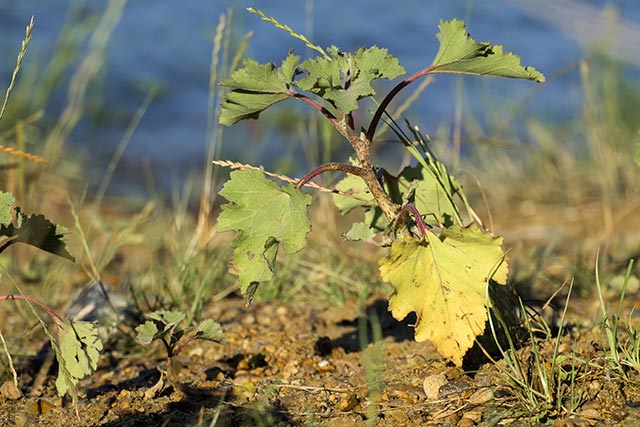Outbreaks of malaria increase with deforestation, researchers find
06/05/2017 / By Frances Bloomfield

Deforestation caused by humans may have a hand in the increasing number of malaria cases. That’s what Lehigh University researchers have asserted in their study, published in AIMS Environmental Science. By analyzing the conditions of 67 less-developed and malaria-endemic countries, the researchers were able connect growing malaria rates with human-induced environmental changes, reported ScienceDaily.com.
Deforestation influenced the prevalence of malaria in these nations through many ways, according to the researchers. Forests provide shade, absorb water from their surroundings, and turn any remaining standing water acidic. By contrast, heavily deforested areas were more exposed to sunlight and, as a result of terrain being cleared, made it easier for water to pool together into less-acidic puddles and basins. These changes made it easier for Anopheles larvae to survive and for the adults to thrive, thereby allowing malaria to propagate.
Other studies were referenced that showed similar results. A 2016 study that focused on the China-Myanmar border concluded that deforested areas were ideal for the survival and development of mosquito larvae, increasing the rate of larvae pupation by up to 52.5 percent. A 2009 study conducted in Sub-Saharan Africa, specifically in the Kenyan highlands, came to the same conclusion.
Far from being a naturally-occurring phenomenon, the researchers noted that “human activities” were and continue to be responsible for deforestation. As rural populations increase over time and more people focus on agriculture, forests will inevitably shrink to make way for both. The demand for food from more-developed countries has all but exacerbated the situation, enticing people to turn to farming to make ends meet. “In this way, consumption habits in countries like the US can be linked to malaria rates in developing nations,” said study lead author and Lehigh University sociologist Kelly F. Austin.
This study was finished on October of last year. Since then, malaria cases have only multiplied. In Zimbabwe, for example, malaria deaths have spiked since 2017 began. In January and February alone, 116 malaria deaths were recorded.
Of course, with malaria cases on the rise, Big Pharma is more than ready to pounce on the chance to profit off these peoples’ hardships. Researchers from the University of Tübingen have happily helped them along, what with them coming up a new immunization protocol that’s supposed to be 100 percent effective against the disease. Their protocol requires healthy volunteers to be injected with malaria-transmitting parasites before being made to ingest an anti-malaria drug to weaken the parasites.
This unorthodox method leads to many questions. Will the effects be the same for people of different blood types and immune system health? Is it possible for some parasites to survive the effects of the drug and remain dormant in the bodies? What about the chances of the parasites building up a resistance to the drug over time?
These questions have yet to be answered, which isn’t surprising in the least. The people and companies who make these vaccines care only about profit, after all. Not about the consequences of what they’re trying to sell a public that doesn’t know any better.
Visit Immunization.news to learn more about vaccines and the risks they carry.
Sources include:
Tagged Under: deforestation, Malaria, mosquitoes
RECENT NEWS & ARTICLES
COPYRIGHT © 2017 ENVIRON NEWS




















